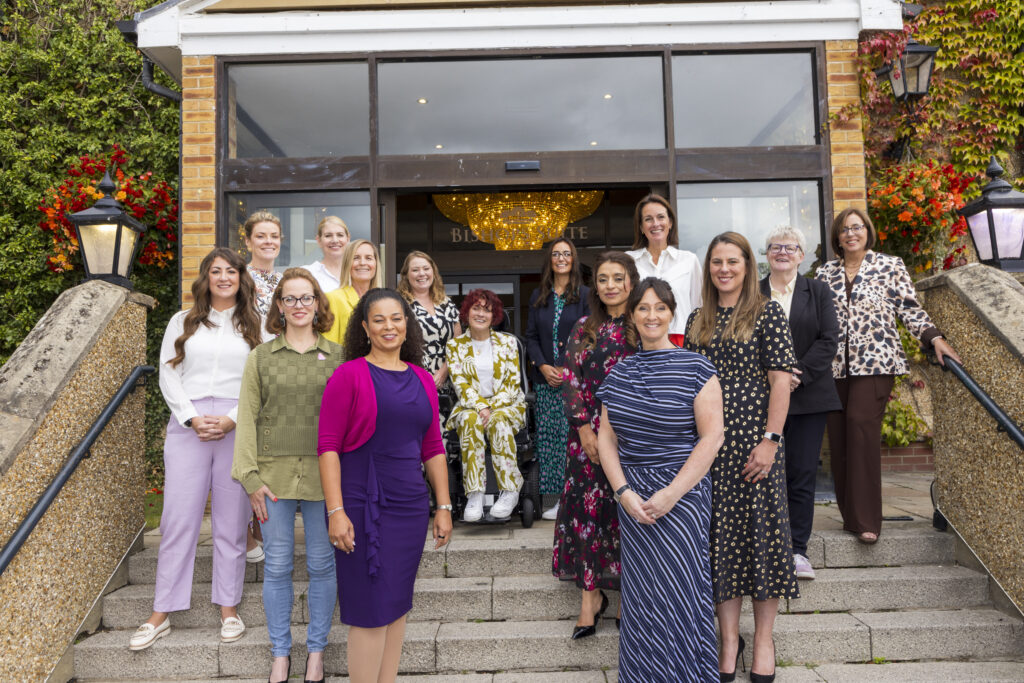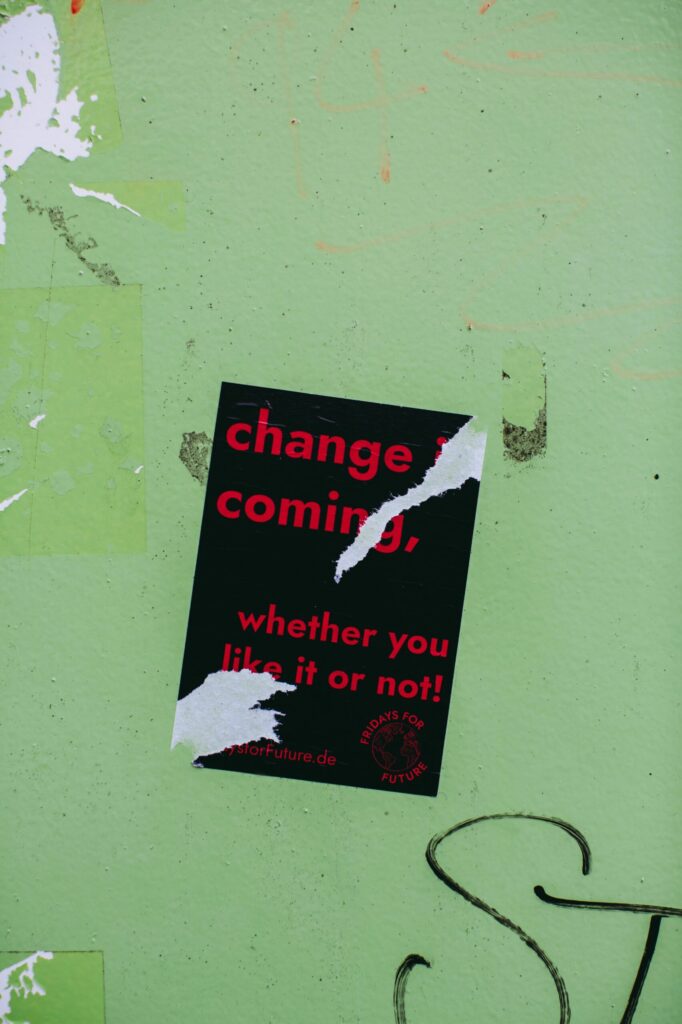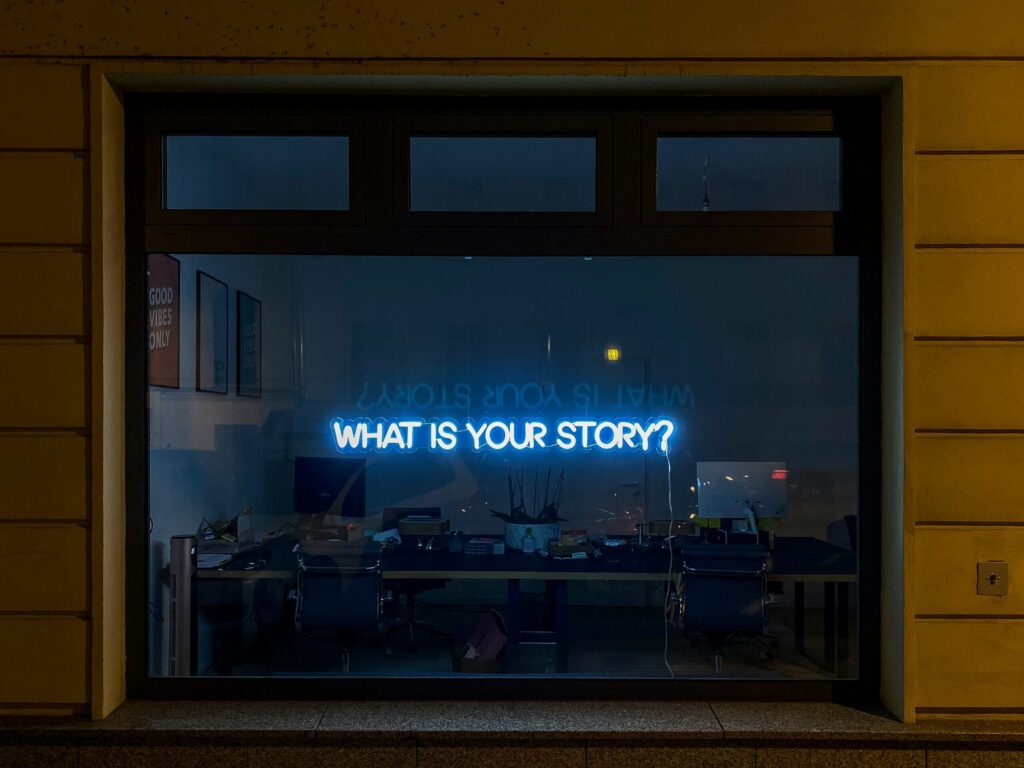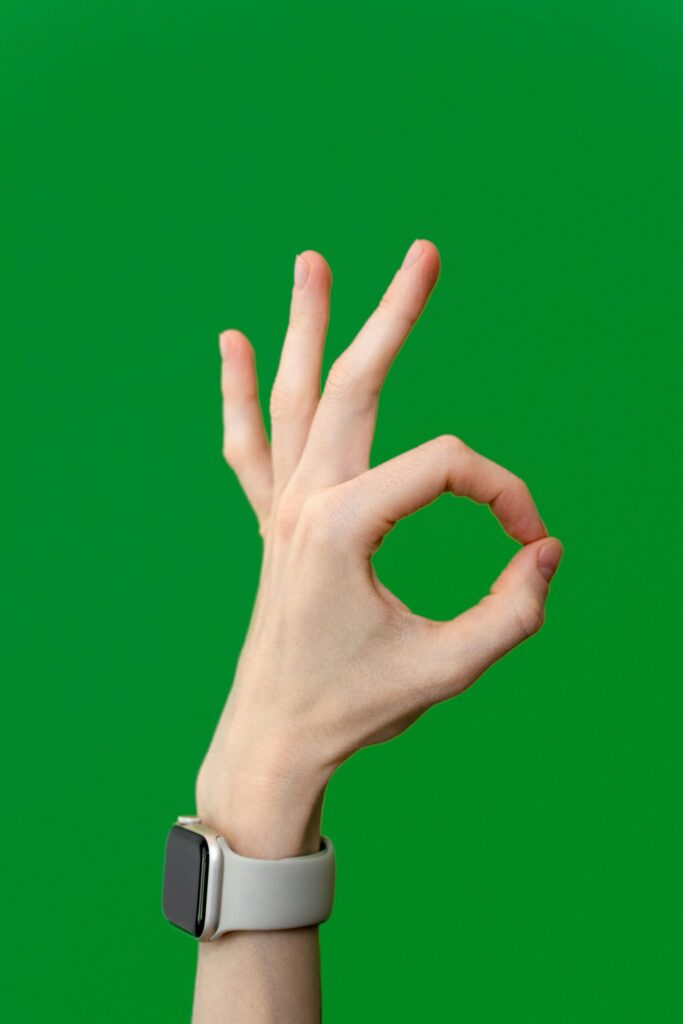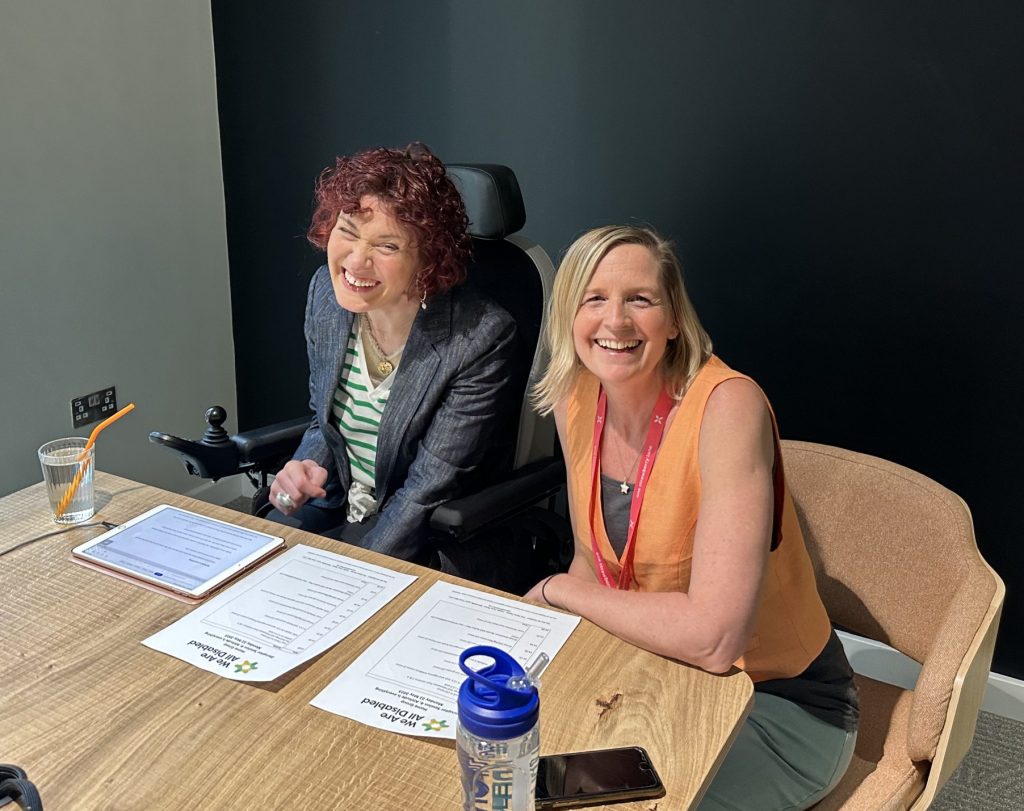In last week’s blog, I spoke about how technology is helping many more of us to work from home. And I began to think further about the perceptions of disability in the workplace.
COVID-19 has provided greater opportunities for equality and inclusion for disabled people in the workplace, by allowing so many more individuals to work remotely. However, I have concerns that this could be a step back for disabled people where there is an assumption that they will always wish to work from home.
Big steps have been taken to challenge the way we think about disability and to promote inclusion and diversity in the workplace. However, we know that prejudice still exists and that disabled people are under-represented in many industries. This is due to both the perceptions of the employers and of many disabled people themselves.
Extensive research conducted in this area reveals some shocking statistics. The study by Dixon et al. entitled ‘The Disability Perception Gap’ revealed that 32% of their participants are of the opinion that disabled people are not as productive as non-disabled people. They considered this to be one of the main factors causing the disability employment gap in work places.
Previous research conducted by Scope revealed that some disabled people are worried that discussing their impairment with their employers may damage their employment prospects (Wilkes, 2017). It is important to point out that the Dixon et al. study also revealed that proximity to disabled people does have a positive impact on the perception of disability.
The study further divulged that 37% of participants who reported that they knew a disabled person believed there was some level of prejudice. In comparison, only 17% of participants who did not have any association with disability believed that there was any prejudice against disabled people. It was revealed that those who had contact with a disabled person have more empathy towards disability (Dixon, et al,. 2018).
Whilst technology can be a valuable tool in helping disabled people to participate more fully in many jobs and industries, we also need to ensure that it’s not used to further isolate and exclude us from the workplace and society in general.
Disabled people were hidden away and excluded from society for too long. Now that these long-held prejudices are finally being challenged, I believe that it is more important than ever for people to connect with disabled people so knowledge about disability is promoted. This will reduce prejudices and discrimination which will help promote empathy towards disabled people, bridging the disability perception gap in the workplace.
What’s your experience of home working? What do you think are the pros and cons?
Have you experienced or witnessed prejudice in the workplace?
What do you think are the most effective ways to combat prejudice in the workplace and to promote diversity and inclusion?
Dixon , S., Smith, C. & Touchet, A. (2018) The Disability Perception Gap. United Kingdom: Scope, p.29.
Wilkes, M. (2017) Let’s Talk | Disability Charity Scope UK [Online]. Britain: Scope, pp. 1– 36. Available from: <https://www.scope.org.uk/Get-Involved/Campaigns/Employment/Let-s-Talk> [Accessed 18 June 2018].
Photo by Tetiana SHYSHKINA on Unsplash




